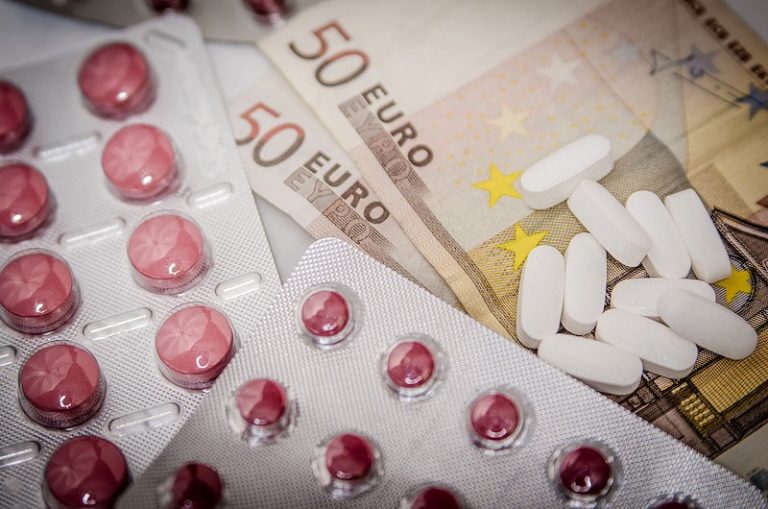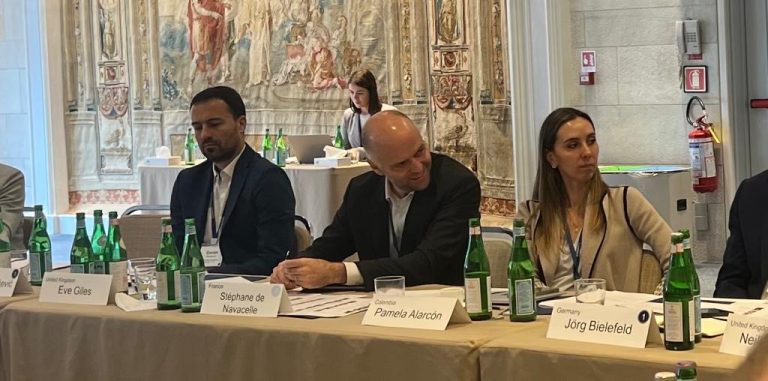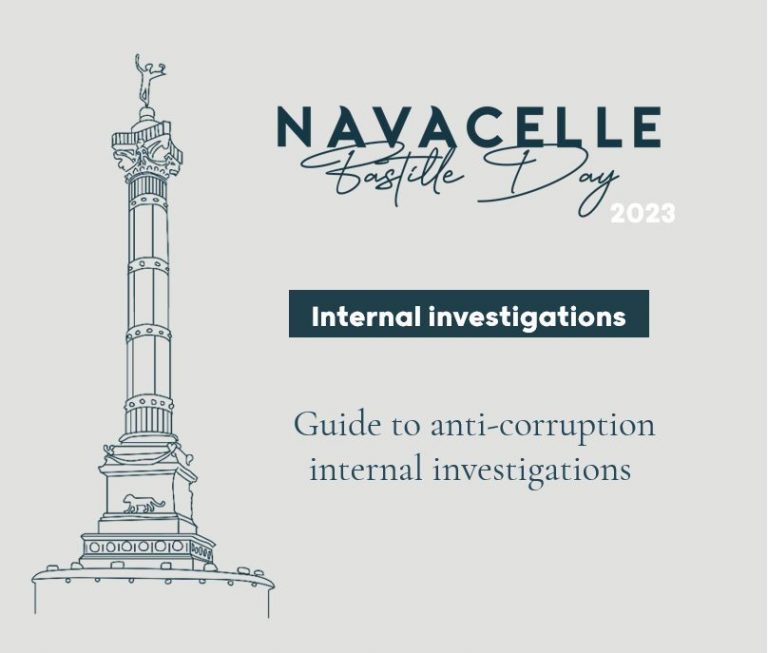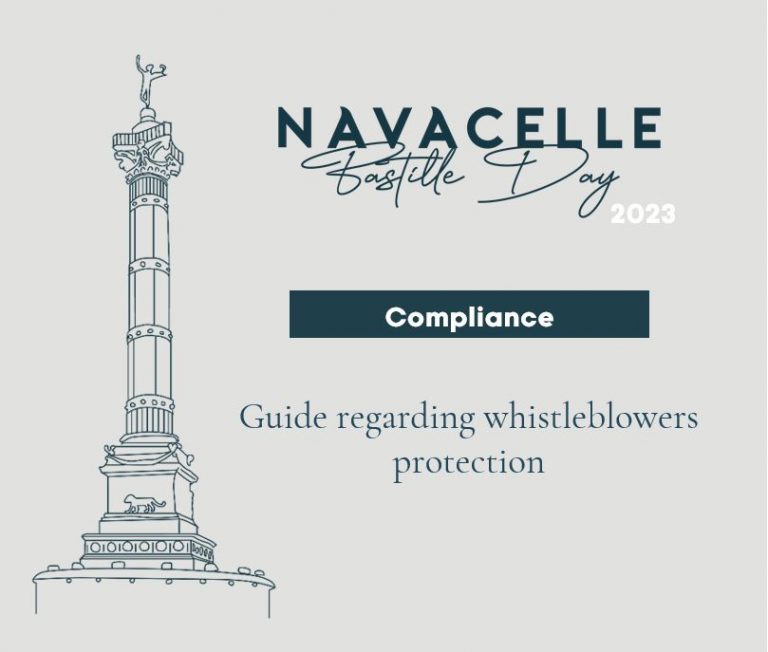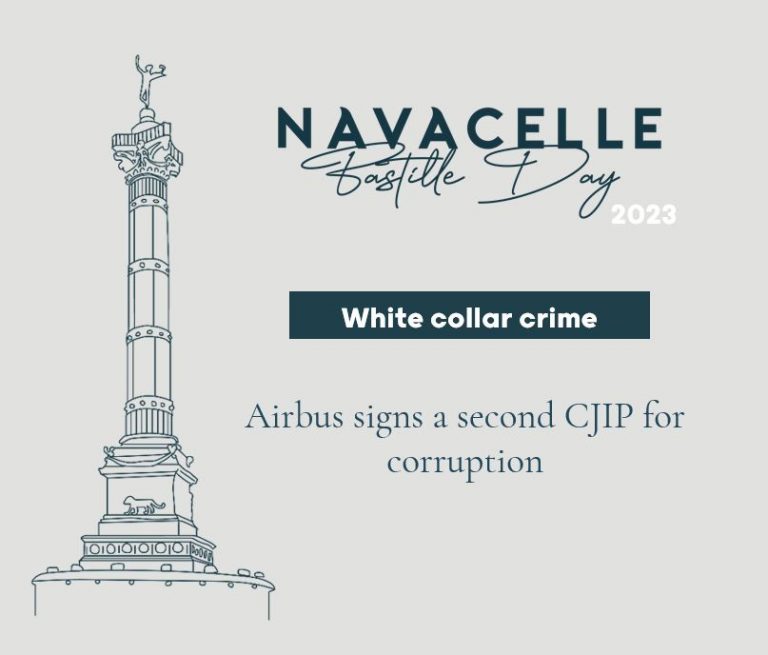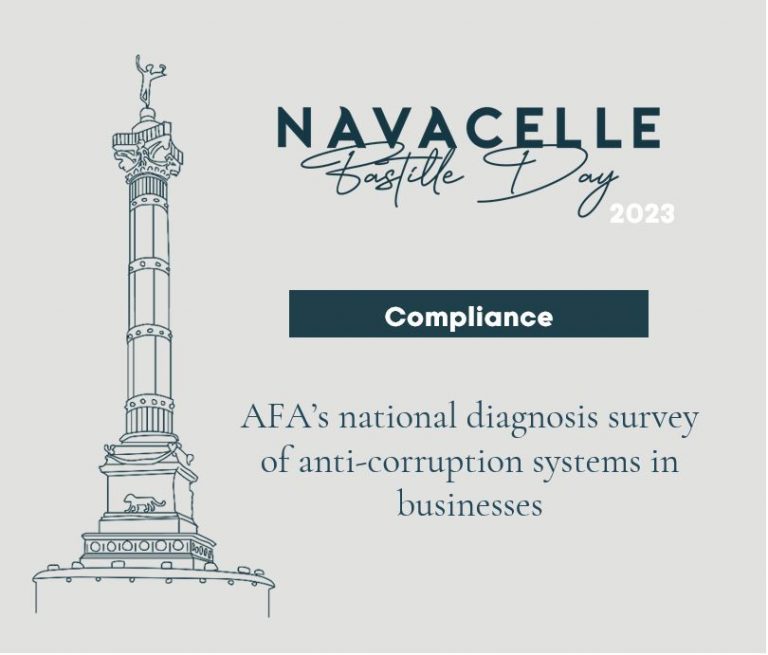The European Public Prosecutor’s Office (“EPPO”), created by Regulation 2017/1939 of the 12 October 2017, began its activities on 1 June 2021.[1] Although it is now well known to all, it is important to remember that it was established independently from the Member States and European organizations[2] and that, since its role is to improve the protection of the European Union’s financial interests, it is competent to prosecute all offences affecting the European Union’s financial interests.[3]
In its first annual report, the EPPO takes stock of its activities and internal organization for the second half of the year 2021. The report shows that the EPPO has had an active start at both operational and judicial levels (I), prosecuting numerous offences, mainly fraud (II) and recovering more than 100 million euros (III).
Given this record, it is not surprising that the EPPO is confident for the coming year and expresses that its two operational objectives will be to improve the number of cross-border investigations targeting organized criminal groups and to improve the recovery of illicit assets obtained via these offences .[4]
Plus, it announces that in its second year of activity, it will mainly continue to strengthen its capacity to carry out independent, impartial and high quality investigations and prosecutions, to develop its operational capacity shared between the central level and the European Delegated Prosecutors at national level, and to strive to establish strong relations with non-participating Member States and with the authorities of third countries that are relevant to its investigations and prosecutions.[5]
I. Since its inception and until the end of 2021, the European Public Prosecutor’s Office has carried out hundreds of investigations and contributed to the pronouncement of one conviction
Concerning its operational activity, the EPPO states that since 1 June 2021, when it began operations, it has received 2,832 reports and opened 576 investigations, for which the amount of damage caused to the European Union’s budget has been estimated at 5.4 billion euros.[6]
It also announces that at the end of 2021, it had 515 active investigations, of which 17.6% are related to VAT fraud for an estimated damage of 2.5 billion euros and 27.5% have a cross-border dimension (acts committed on the territory of several countries or damage caused to several countries).[7]
It appears that the three Member States for which the EPPO was most proactive and where it opened the most investigations in 2021 were Italy with 120 cases opened, of which 40 were cross-border, Bulgaria with 105 cases opened, of which 3 were cross-border, and Romania with 60 cases opened, of which 8 were cross-border.[8]
In France, the EPPO received 48 reports and opened 29 investigations for a total amount of damage to the European Union budget estimated at 46.1 million euros, of which 29.6 million euros were estimated for VAT fraud. These investigations mainly concerned non-procurement expenditure fraud and non-VAT revenue fraud, and involved cross-border investigations for 13 of them. It specifies that during the year 2021, no seizures were made on French territory by the EPPO.[9]
More generally, after seven months of activity, the EPPO notes that the level of detection of fraud affecting the financial interests of the European Union has varied significantly from one Member State to another, but that in any case[10], it has been able to provide a decisive advantage to law enforcement agencies in cross-border investigations because it is able to bypass the long and complex formalities of international mutual legal assistance and therefore to carry out operations much more quickly.[11]
Concerning its judicial activity, the EPPO emphasizes that it is involved in 5 ongoing cases in the trial phase and 3 cases in which simplified prosecution procedures have been applied, as well as having contributed to the pronouncement of 2 court decisions, including 1 conviction.[12]
II. The cases handled by the European Public Prosecutor’s Office during 2021 mainly concerned non-procurement expenditure fraud and were of a cross-border nature
The EPPO lists the offences referred to it during the year 2021 and notes that 313 cases concerned non-procurement expenditure fraud, 110 concerned procurement expenditure fraud, 132 concerned non-VAT revenue fraud, 173 concerned VAT revenue fraud, 30 concerned participation in criminal organizations affecting the financial interests of the European Union, 40 concerned corruption, 34 concerned misappropriation, 47 concerned money laundering and 104 cases could not be linked to specific offences.[13]
Of these cases, the EPPO notes that 142 cases involved cross-border investigation.[14]
Concerning non-procurement expenditure fraud, the EPPO states that it accounted for approximately 31.8% of its investigations in 2021, and that in most cases the perpetrators used or presented false statements or documents resulting in the misappropriation or illicit retention of funds or assets from the Union’s budget or from budgets managed by or on behalf of the Union.[15]
It appears that the agricultural sector has been one of the fields most affected by this type of fraud, as have rural development, maritime and fisheries development programs. A significant number of procedures have also been initiated in connection with the recovery funds related to Covid 19.[16]
The most frequent modus operandi for this type of infraction were the submission of false information regarding eligibility criteria, the intentional manipulation of financial statements, the inflation of additional costs, or false statements regarding the payment of experts or subcontractors, but also requests for refund of services that were not or not fully provided and the proposal of false projects.[17]
Regarding VAT fraud, one of the other major crime the EPPO dealt with in 2021, about 17.6% of the investigations concerned the so-called most serious forms of VAT fraud, in particular “carousel” fraud and VAT fraud committed within a criminal organization.[18]
This type of fraud has been most frequently encountered in the automotive, electronic devices and clothes sectors and may have involved dozens or even hundreds of companies.[19]
Finally, concerning corruption cases, the EPPO emphasizes that this represented about 4% of its investigations in 2021,[20] and that most often they involved active and passive corruption of public officials, including project officials in exchange for the allocation of European funds to specific companies or the approval of ineligible or inflated costs, and public officials allocating European Union funds to specific companies and approving the payment of an inflated price, significantly higher than the real value of the system.[21]
III. The European Public Prosecutor’s Office has implemented procedures to recover the proceeds of criminal activities and has recovered more than 100 million euros in 2021
After seven months of activity, the EPPO notes that it has carried out approximately 81 fund recovery operations in 12 member states (Italy, Belgium, Germany, Romania, Czech Republic, Croatia, Finland, Latvia, Luxembourg, Spain, Lithuania, and Portugal). [22]
In total, the EPPO announces that it has ordered the seizure of more than 154 million euros, of which 147 million euros have been granted, which represents more than three times the budget of the EPPO for the year 2021.[23]
Bank accounts, real estate properties, vehicles, motorboats, as well as shares, cash and luxury items accounted for most assets seized by the EPPO in 2021.[24] Criminal items, such as contraband tobacco and food, were also seized in order to remove them from the market and deprive the perpetrators of illegal trade of the benefits of their illicit activities.[25]

